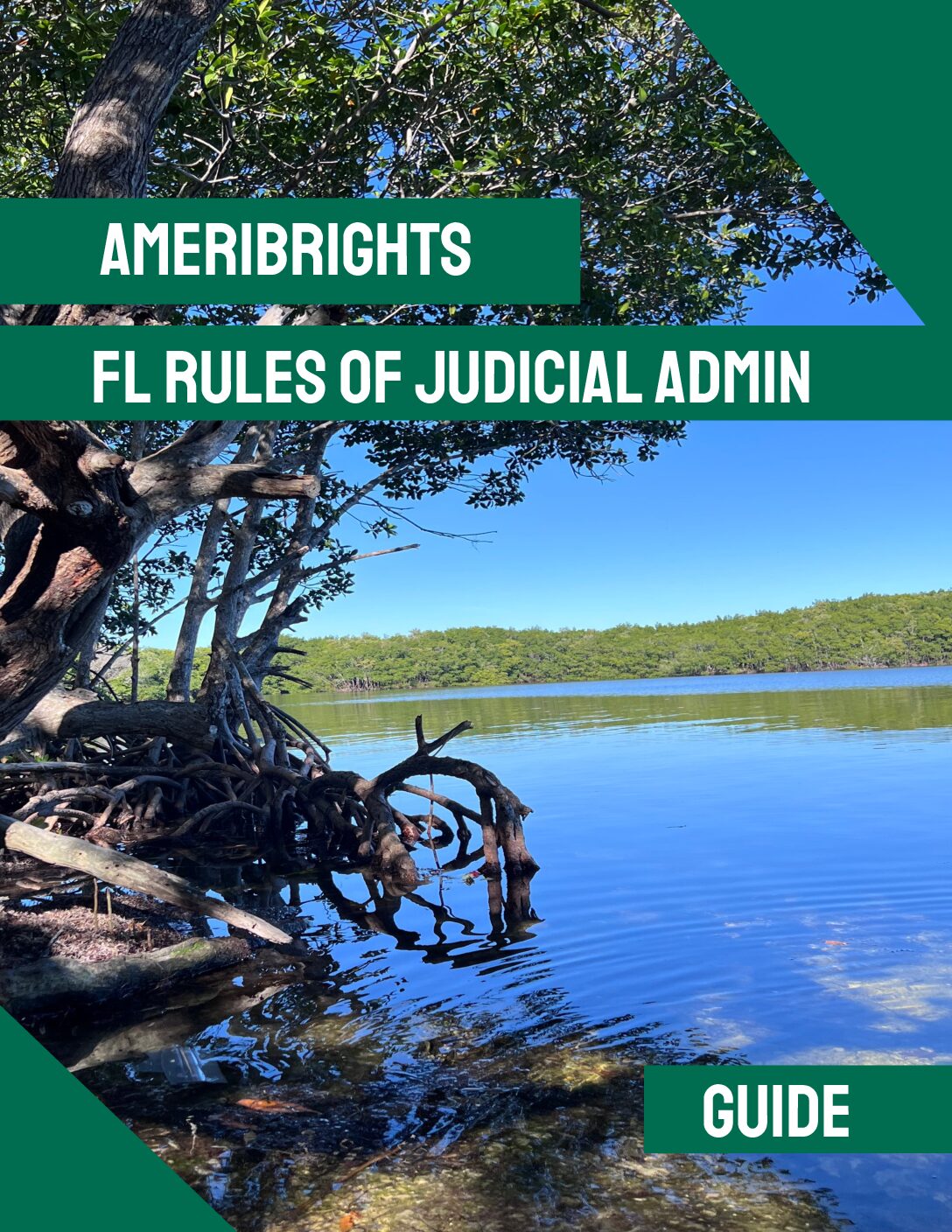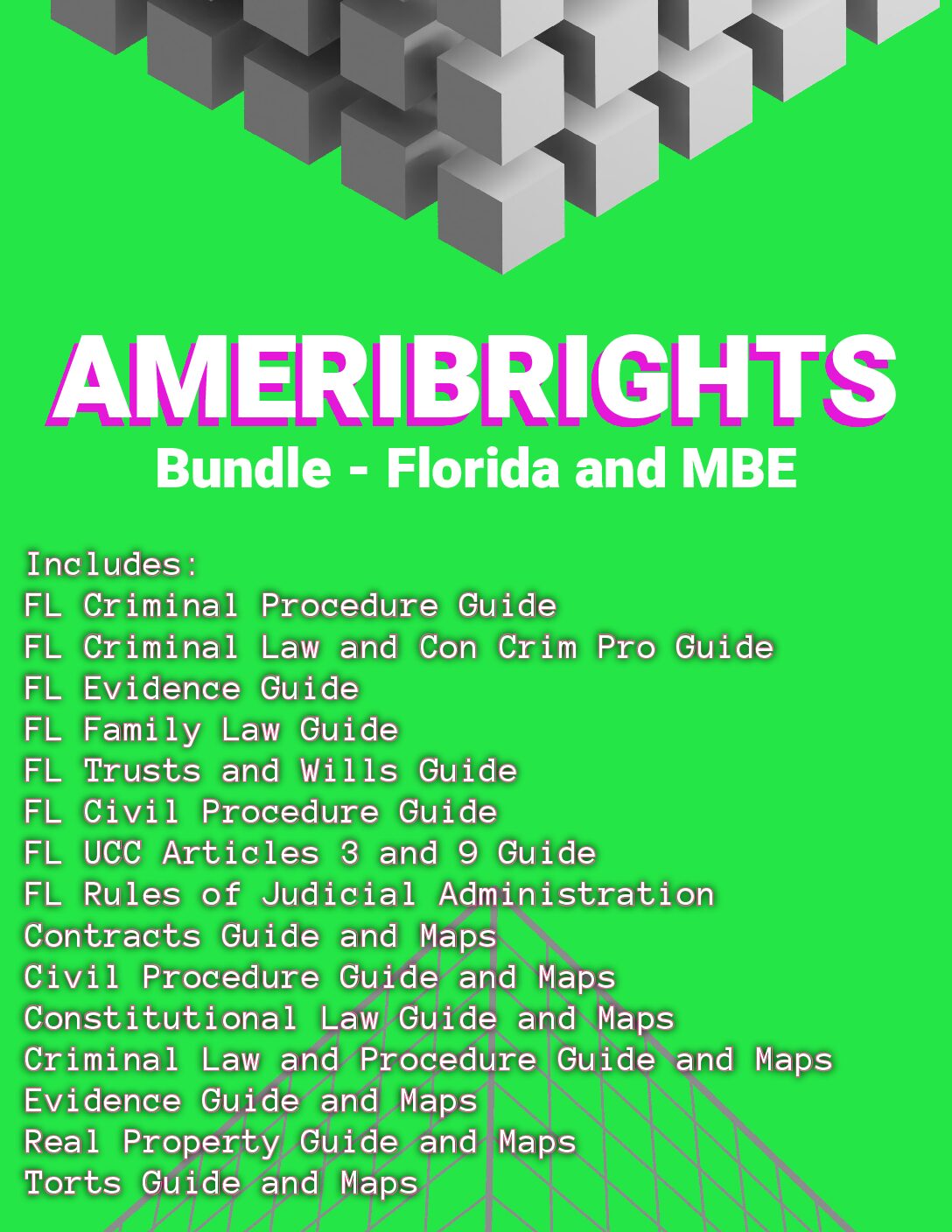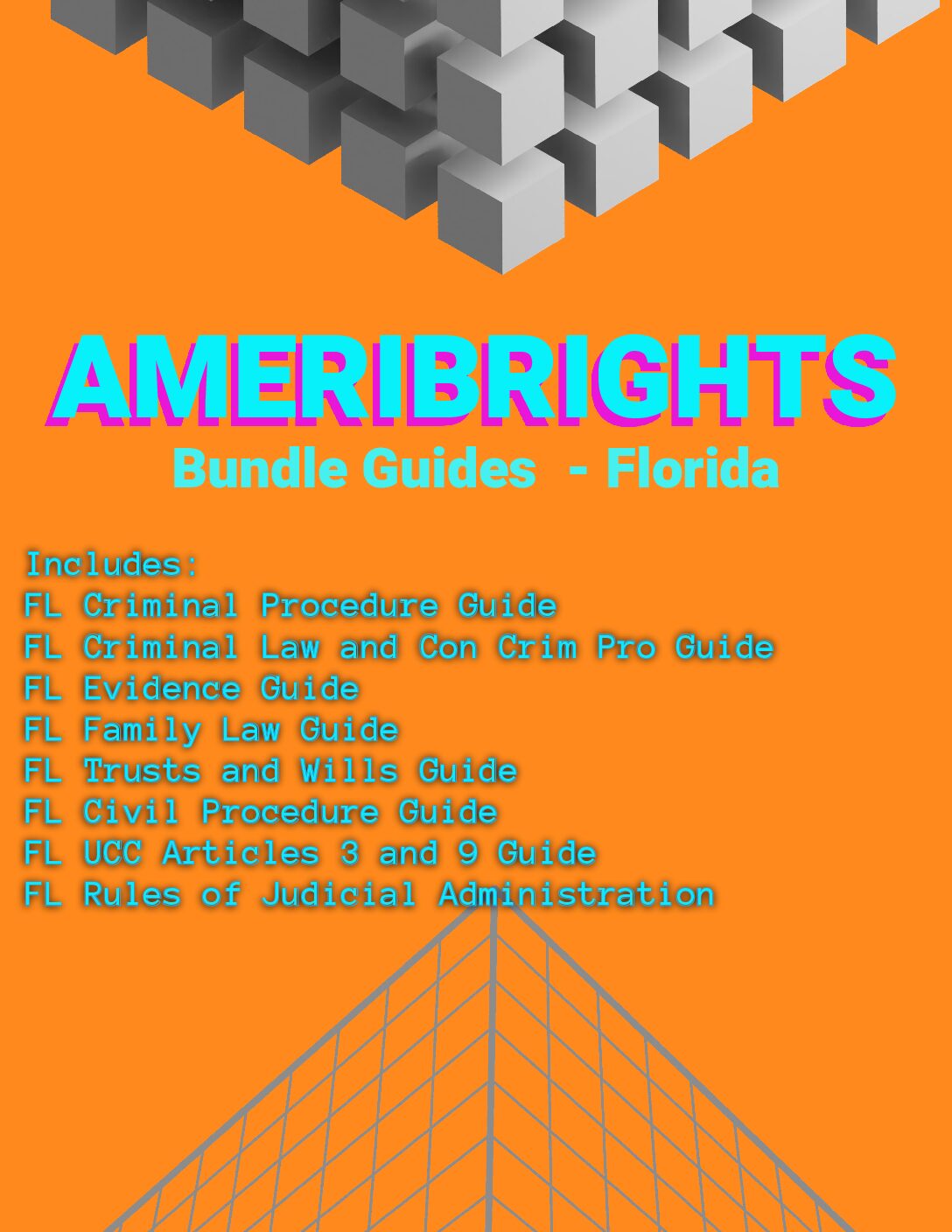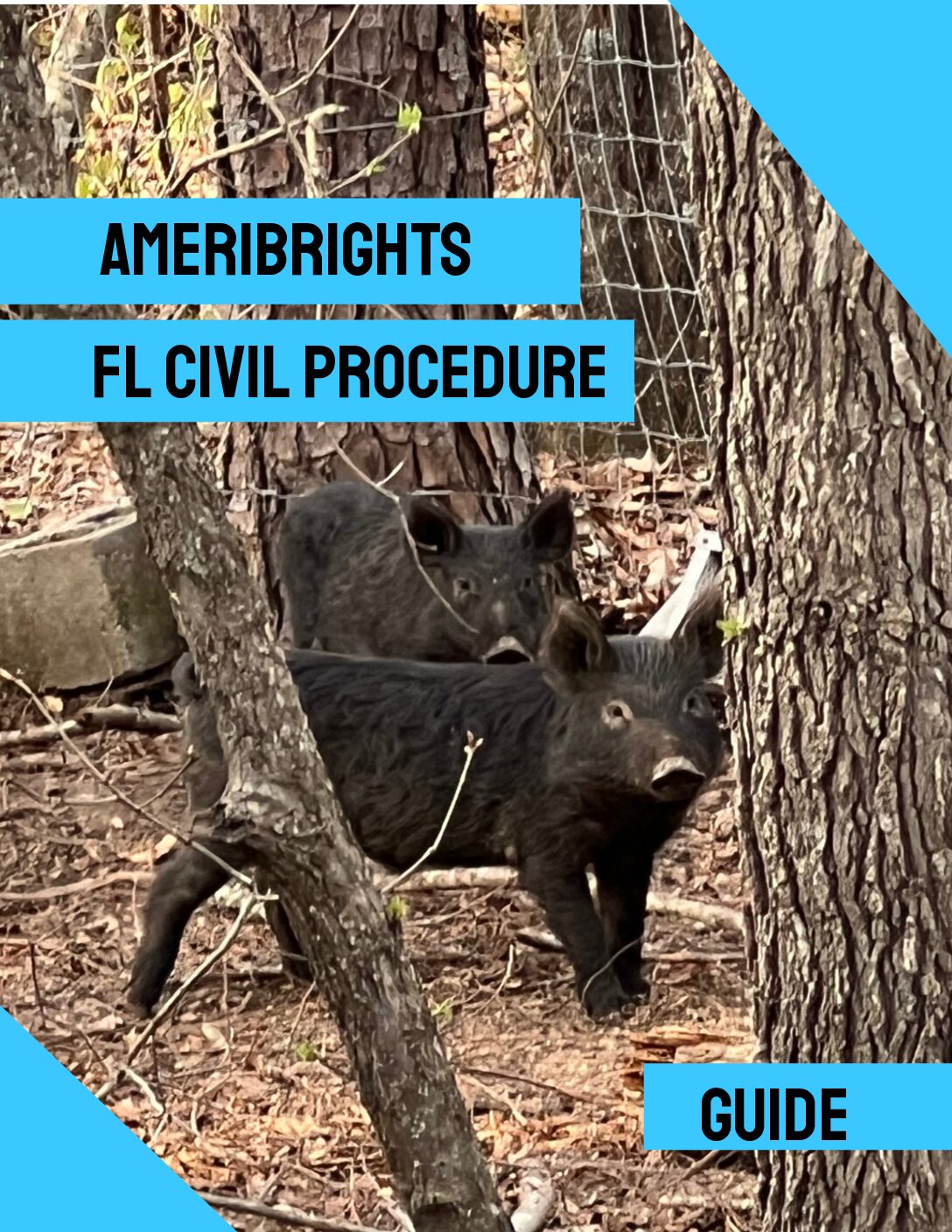Succeed on the FL Bar Exam: Topics, Scoring, and More

In this article
Whether you’re fresh out of law school or a practicing attorney aiming to meet Florida’s licensing requirements, succeeding on the Florida bar exam can be a challenging endeavor. With its comprehensive coverage of legal topics and specific scoring criteria, a well-planned strategy is crucial. In this guide, presented in a Q&A format, we will break down the exam’s structure, key topics, and scoring system. Our goal is to provide clear, practical answers to the most pressing questions you might have about the exam. By knowing what to expect and how to approach your preparation, you can navigate the exam with greater confidence and increase your chances of success. Let’s dive into the essential components that will help you excel on the FL bar exam.
When does the Florida bar exam take place?
The Florida bar exam is held twice a year, typically on the last Tuesday and Wednesday of February and July. The exam spans two days, with each day divided into two sessions: a three-hour morning session followed by a break for lunch, and then another three-hour afternoon session.
How is the FL bar exam structured?
The Florida bar exam is divided into two distinct parts:
Part A: Florida and General Law (Tuesday)
- Morning Session: Three essay questions focusing on Florida and general law.
- Afternoon Session: 100 multiple-choice questions covering Florida specific and general laws.
Part B: Multistate Bar Examination (MBE) (Wednesday)
- This part consists of the MBE, which is developed by the National Conference of Bar Examiners (NCBE) and focuses on federal and common law principles. Note that the MBE will eventually be phased out over the next few years in favor of the NextGen bar exam.
How is part B structured and what exactly is covered?
Part B of the Florida bar exam, referred to as the MBE, consists of two sessions, one in the morning and one in the afternoon, each containing 100 multiple-choice questions. Of the 200 questions, approximately 175 are scored and 25 are experimental. These questions are typically structured with a fact pattern, a call to question, and four answer choices. Your objective is to select the best answer from the given options.
The questions cover the following seven subjects: Contracts, Constitutional Law, Civil Procedure, Criminal Law and Procedure, Real Property, Torts, and Evidence. Explore our MBE prep materials available in the bookstore tab at the top of this page.
How do I know what specific sub-areas within each subject to focus on for the MBE?
The National Conference of Bar Examiners (NCBE) provides an MBE Subject Matter Outline that lists the areas tested and indicates the percentage of questions from each sub-area. For example, 50% of the Constitutional Law questions cover individual rights. By understanding your strengths and weaknesses and where you can earn the most points, you can develop a customized study plan.
For instance, if you know that mortgages are a weak area for you and only 25% of the Real Property questions cover mortgages, you might choose to prioritize other areas that are easier for you to grasp, especially if you have limited study time.
Be sure to use the latest version of the outline, as the content and emphasis can change. Regularly checking for updates ensures you are studying the most current material and focusing on the right areas.
Am I required to sit for both parts of the exam?
It depends on your circumstances.
- If you took the MBE in another jurisdiction, you may be eligible to transfer your MBE score to Florida and only sit for Part A of the exam.
- If you have taken the FL bar exam and failed only one part of the exam, you may choose to retake just that specific part (either Part A or Part B).
The choice to sit for only one part of the exam affects how your passing score is calculated:
- Individual Method: Under this method, you must pass each section separately. This means you need to achieve a minimum score of 136 on both Part B and Part A. Each section is evaluated independently.
- Overall Method: With this method, you need an average scaled score of at least 136. This approach allows you to excel in one section while performing less well in the other, yet still pass the overall exam if your average meets the required score.
Can I transfer my MBE score to Florida?
It depends. To transfer your MBE score to Florida, it must meet the criteria specified under Rules 4-26.2 and 4-18.1. Currently, you need a minimum score of 136. Additionally, the score must have been attained within 25 months of passing Part A and the MPRE, or within 25 months of the date you anticipate taking those portions of the exam. Note that there is an exception for good cause shown, allowing some flexibility under certain circumstances. If you believe you might qualify for this exception, it’s worth contacting the Florida Board of Bar Examiners for further guidance.
I failed a part. What do you recommend I do?
There is no one-size-fits-all approach to deciding whether to retake both parts of the test. It’s essential to assess why you did not pass and tailor your strategy accordingly. Here are some common scenarios and recommendations:
- Burnt Out: If you passed Part A (Day 1) but failed Part B (Day 2), the issue might not be a lack of understanding of multiple-choice questions but rather fatigue from the previous day. In this case, consider retaking Part B alone. This approach provides a more focused testing experience since it involves only one day of testing.
- Mixed Up General Law with Florida Law: If you passed the Florida-specific portion but failed Part B (MBE) because you confused federal law with Florida law, focus on retaking the MBE. Review the seven subjects tested on the MBE and avoid re-studying Florida-specific law, as you should have already mastered that content.
- Only Studied for the MBE: If you passed the MBE but failed the Florida portion due to insufficient preparation, it’s a tricky situation. It might be prudent to retake the entire exam. This is because the Florida portion often includes general law approaches, and you might find it beneficial to refresh both parts of your knowledge comprehensively. Moreover, if you focus solely on FL specific laws, you could miss out on important general law principles, which have been emphasized in recent exams, like February 2024.
Ultimately, your strategy should be guided by the nature of your previous performance and the areas where you need improvement. Assess your weaknesses carefully to make the most effective use of your study time.
How hard is it to get a 136 on the MBE?
Florida does not release detailed information on individual MBE scores. Instead, they provide general statistical data related to the overall passing rates, such as the number of examinees and the pass rates for each part of the exam. Unfortunately, this means we don’t have specific data on MBE scores within Florida.
To estimate the difficulty of achieving a 136 on the MBE, we can look at national averages provided by the National Conference of Bar Examiners (NCBE). For February 2024, the national mean MBE score was 131.8, based on 19,496 examinees. For July 2023, it was 140.5 out of 45,968 examinees.
Given this context, how hard it is to achieve a 136 will depend on various factors, including your individual strengths and weaknesses, your study methods, and how effectively you prepare. Additionally, practical considerations like your financial situation and available study time will also impact your ability to reach this score. Ultimately, your personal circumstances and preparation strategy will determine how challenging it will be to achieve a 136 on the MBE.
What does the Florida multiple choice on part A look like?
In Part A of the Florida bar exam, you have three hours to answer 100 multiple-choice questions. Some multiple-choice questions may be unscored and used for experimental purposes; the examiners do not disclose how many. The questions are structured similarly to the MBE format, featuring a fact pattern, a call to question, and four answer choices.
Core Subjects Always Tested:
- Florida Rules of Civil Procedure
- Florida Rules of Criminal Procedure
- Florida Rules of Judicial Administration
Additional Areas You May Encounter:
- Wills
- Trusts
- Evidence
- Business Entities
- UCC Article 3 (Negotiable Instruments)
- UCC Article 9 (Secured Transactions)
Exam Structure and Buckets:
Typically, the questions are divided into three “buckets” of subjects, each with its own mean raw score based on overall performance. The buckets are generally categorized as follows:
- Bucket 1: Core subjects (Florida Civil Procedure, Florida Criminal Procedure, and possibly Rules of Judicial Administration)
- Buckets 2 and 3: These may include various combinations of:
- Wills, Trusts, and Administration of Estates
- Evidence
- UCC Articles 3 and 9, and Business Entities
The Florida Board of Bar Examiners (Board) may structure the buckets differently from one exam to another. For example, in July 2023, Business Entities was combined with UCC Articles 3 and 9, whereas in February 2023, Business Entities was tested by itself as a bucket. Evidence, however, may often appear as a standalone subject.
To understand how the subjects are combined for each exam, consider reviewing online forums where examinees share details from their passing or failing score reports. The Board provides overall performance charts that can offer insights into the combinations of subjects tested.
For a data-driven look at how the Board has actually grouped and scored multiple-choice subjects in recent administrations, see our Florida Multiple Choice Trends (2022–2025), which analyzes scoring segment data from 2022 through 2025.
The Board offers a preview of the types of questions through their study guides. For instance, the March 2024 Study Guide includes 46 sample multiple-choice questions. Be aware that some of these questions may be repeated from previous study guides, although this repetition does not apply to the essay portion of the guides.
What is tested on the Florida essays?
Possible areas tested on the essays section include: Chapters 4 & 5 of the Rules Regulating the FL Bar, Contracts, Criminal Law, Constitutional Criminal Procedure, Federal Constitutional Law, FL Constitutional Law, Evidence, Real Property, Torts, Family Law, Ethics, and Professionalism. To understand exactly what within each area is tested, review the test specifications and study guides.
What is not tested on the Florida essays and why does this matter?
In April 2023, the Florida Board of Bar Examiners revised its test specifications, specifying that certain subjects would not be tested as primary topics for essay questions:
- Trusts will not be tested as a primary subject for essay questions.
- UCC Article 3 will not be tested as a primary subject for essay questions.
- UCC Article 9 will not be tested as a primary subject for essay questions.
Additionally, in January 2020, the Board announced that juvenile delinquency and dependency will no longer be among the possible topics covered on Part A on the FL bar exam.
Importance of these changes
When preparing for the Florida bar exam, it is crucial to understand what topics are excluded from the essay section to streamline your study efforts. Reviewing past essay questions shared by the Board can be confusing, especially when encountering topics that have been removed from the current test specifications. Recognizing these changes allows you to focus your study time more effectively.
Why look at removed topics?
While Trusts, UCC Article 3 (Negotiable Instruments), and UCC Article 9 (Secured Transactions) are no longer primary essay subjects, they are still retained for multiple-choice questions (MCQs). Reviewing past essays on these topics can be beneficial for your preparation. Understanding the themes and key points from these essays can provide insight into the kinds of MCQ topics that might be emphasized.
Here are a few examples of recurring themes:
- Trusts: Creation and Purposes – Feb 2022, Feb 2021, Feb 2019, Feb 2017, July 2014, July 2013
- Trusts: Revocable and Irrevocable Trusts – Feb 2022, Feb 2021, July 2013
- Trusts: Spendthrift Clause – Feb 2021, Feb 2019, Feb 2017, July 2013
- Trusts: Discretionary Distributions / Discretionary Trusts – Feb 2021, Feb 2017, July 2014
- UCC Art 9: Creation of a Valid Security Interest – Feb 2019, July 2017, July 2013
- UCC Art 3: Negotiable Instruments – Feb 2019, Feb 2018, July 2017, Feb 2016,
By focusing on recurring themes, you can enhance your preparedness for related MCQs, maximizing your study efficiency and boosting your overall performance on the exam.
How do I study for the bar exam with no funds?
Navigating bar exam preparation with limited or no funds is challenging, but there are effective strategies to make it work. From leveraging free online resources to joining study groups, you can build a solid study plan without breaking the bank. For more detailed advice on studying for the bar exam with no money, be sure to check out “Pass the Florida Bar Exam with Free Resources: Roadmap”. It provides specific steps and practical tips to help you maximize your preparation while keeping costs down.
How do I study for the FL bar exam for under $500?
Follow the tips in Pass the Florida Bar Exam with Free Resources: Roadmap and also purchase Adaptibar’s MBE Simulator (~$395) or NCBE’s MBE Bar Exam Value Pack (~$100 for 625 questions with one year access). Be mindful that you don’t need to buy both of those options and in fact you probably wouldn’t want to because Adaptibar will likely have many of the official NCBE questions which have been licensed to them so you’ll want to understand what is and isn’t captured.
What format do I use to answer a FL bar exam essay?
The traditional approach commonly used by bar exam takers is the IRAC method. IRAC stands for Issue, Rule, Analysis, and Conclusion, and it provides a straightforward framework for legal writing.
The IRAC Method
- Issue: Identify and state the legal issue or question presented by the fact pattern.
- Rule: Articulate the relevant legal rule(s) that apply to the issue.
- Analysis: Apply the rules to the facts of the question. This is where you make your argument, use legal reasoning, and demonstrate how the rules work in this particular scenario.
- Conclusion: Provide a clear and concise answer to the issue, based on your analysis.
Conclusion
Preparing for the Florida bar exam requires a strategic approach and a deep understanding of its structure and content. By focusing on the nuances of each part and tailoring your study strategies accordingly, you can enhance your performance and increase your chances of success.
Remember, each examinee’s journey is unique. Staying informed about exam content changes and utilizing resources like study guides and practice questions will help you develop a study plan that addresses your strengths and weaknesses.
With dedication, proper preparation, and the right strategies, you can navigate the Florida bar exam successfully and achieve your goal of becoming a licensed attorney. Good luck! 🍀
Additional Resources
- Most Tested Contracts Areas on FL Bar Exam: Part One
- Ace the Most Tested FL Constitutional Law Distinctions
- Florida Bar Exam Study Outline: Florida Distinctions in Evidence and Crim Pro
- Pass the Florida Bar Exam with Free Resources
- Why Conventional Bar Review Programs Don’t Work
- How to Study For The Bar Exam with ADHD
-
Bar Exam Preparation
Florida and MBE Ultimate Study Guide Bundle
$875.00Original price was: $875.00.$599.00Current price is: $599.00. Add to cart -
Bar Exam Preparation
The Ultimate Florida Bar Exam Study Guide Bundle
$392.00Original price was: $392.00.$299.00Current price is: $299.00. Add to cart









